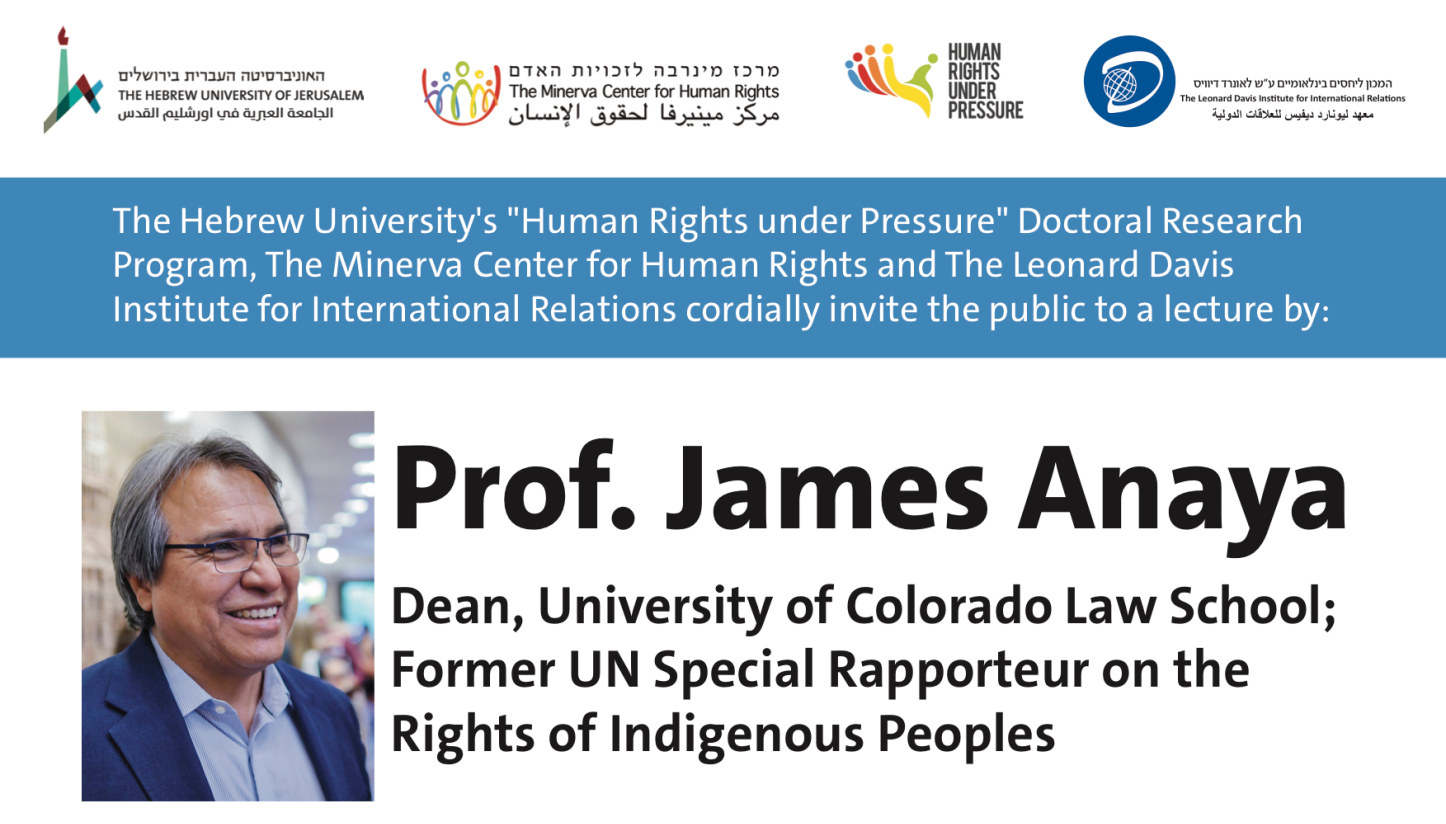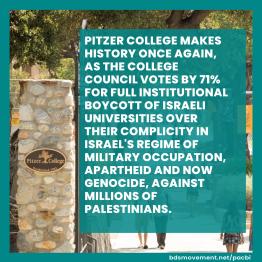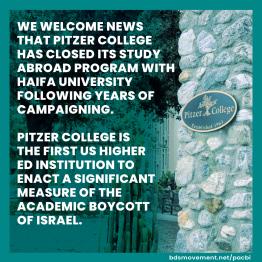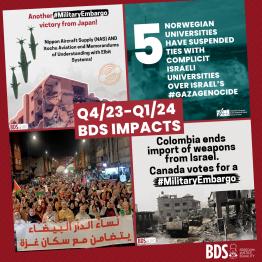Honor the Palestinian Call for Academic Boycott: A Letter to Prof. James Anaya
anaya-hebrew-university.jpg

Dear Professor S. James Anaya,
I want to commend you for your invaluable work on Indigenous rights. As your scholarship and service as a UN Special Rapporteur on the Rights of Indigenous Peoples suggest, your commitment to human rights is unequivocal. With this in mind, I want to address your upcoming talk, “The Power of Ideas: The UN Declaration on the Rights of Indigenous Peoples,” scheduled for March 28 at the Hebrew University of Jerusalem in Israel.
As you may or may not know, since 2005 Palestinian human rights organizations have called for boycotts, divestments, and sanctions (BDS) as a form of non-violent advocacy to pressure the state of Israel 1) to end its occupation of all Arab-Palestinian lands, 2) to recognize the equal rights of Arab-Palestinians, and 3) to respect the rights of Palestinian refugees to return to their homes as stipulated in UN Resolution 194. BDS stems from the original call from Palestinian civil society, issued in 2004 under the umbrella organization the Palestinian Campaign for the Academic and Cultural Boycott of Israel.
For the last seventy years, Israel has denied Palestinians their fundamental human rights and continues to refuse to comply with international law. For this reason, countless unions, academic associations, churches, and grassroots movements from around the world have joined the BDS movement.
The UN was founded in 1945 partly to end colonialism. What Israel practices is a form of settler colonialism, very much aligned with what the US, Canada, New Zealand, and Australia practice against Indigenous peoples. The goal of settler colonialism is to seize native lands (often by force) and replace native peoples with a settler population. As we can see in both Palestine and North America, this is a highly contested process. People don’t willingly give up their lands and lives. And it is a process that has a beginning and (to date) no end, unless we challenge it. Colonialism is a crime against humanity.
BDS is inspired by the South African anti-apartheid movement that helped to put international pressure to end apartheid. As you may know, Indigenous peoples were made a category in the UN Decade to Combat Racism, Racial Discrimination, and Apartheid, which began in 1974. Zionism as a form of racism was also part of the initial agenda (which was later removed after the 1993 Oslo accords) and gave a platform for Palestinian rights. US presidents from Jimmy Carter to George W. Bush boycotted the UN programs on racism, most likely over the questions of apartheid South Africa and Palestine. This boycott included the two UN decades to combat racism and apartheid from 1974-1993.
We know the US and Israel backed the racist South African apartheid regime when the rest of the world morally opposed it.
Nevertheless, the connections between the South African anti-apartheid movement, Palestinian rights, and Indigenous rights cannot be ignored or dismissed. Without this lateral solidarity, Indigenous peoples would not have made such historic gains, like the drafting of the 2007 UN Declaration on the Rights of Indigenous Peoples (UNDRIP). It should come as no surprise that Australia, Canada, New Zealand, and the United States (all settler colonial regimes) initially voted against UNDRIP, maintaining their decades-long position of hostility towards Indigenous rights at the UN. (Israel was absent from this vote.)
With increased international attention to Indigenous rights with Standing Rock and Indigenous peoples’ opposition to the Dakota Access Pipeline, our actions must speak to our values and commitments to human rights. The world is paying attention.
I want to grant you a professional courtesy many of our Palestinian colleagues are not afforded in Israel, Palestine, or the US. Palestinian scholars are not afforded the same academic freedom to leave and visit other universities without the fear of reprisal. In the US, Palestinian scholars and their supporters are actively targeted and repressed.
Many outlandish accusations and policies have been leveled at the BDS movement. One such vile charge is that BDS promotes anti-semitism. Such a shallow and baseless accusation detracts from the very real anti-semitism on the rise across the globe that has absolutely nothing to do with BDS. From my personal experience, it was Jewish scholars and the progressive Jewish community who first introduced me to the BDS movement. And it is this diverse BDS community that has also unflinchingly supported Indigenous rights.
This is not a call out, but a call in to seriously reconsider your visit to Israel and respect the BDS call for a non-violent academic and cultural boycott of Israel.
As Indigenous people committed to peace and human rights, we cannot cross this picket line.
Sincerely,
Nick Estes
Kul Wicasa (Lower Brule Sioux Tribe)
Doctoral Candidate in American Studies
University of New Mexico




